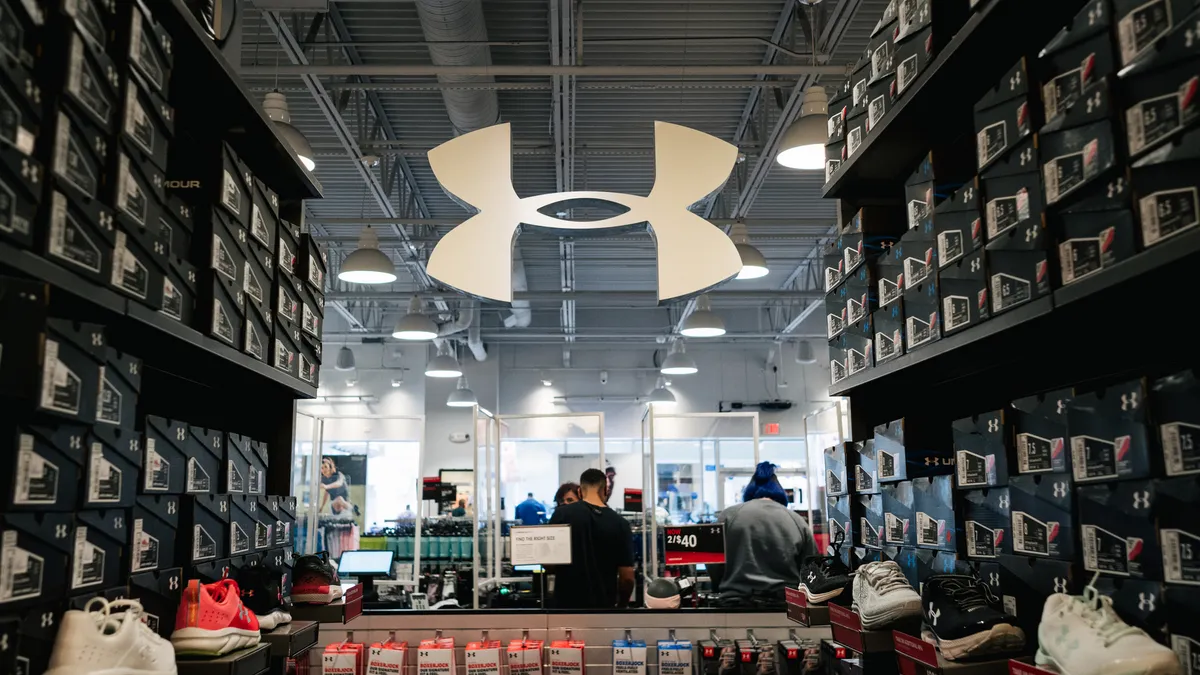Walmart in recent weeks has been reportedly mulling two major healthcare acquisitions — of online pharmacy site PillPack and healthcare insurance giant Humana. The reports follow Amazon’s January move, with Warren Buffet’s Berkshire Hathaway and JPMorgan Chase & Co., to establish an entity to explore opportunities for efficiencies in the sector.
But it remains to be seen how deeply Walmart wants to venture into the massive market, whether it or anyone can bring down its escalating costs and how much medical care patients want to get from any retailer, experts say.
With the mixed record of the eight-year-old Affordable Care Act and recent efforts to dismantle even that attempt at health care reform, American consumers are increasingly faced with insurance and care options that are ever more expensive and difficult.
That kind of market is also poised for disruption, and disruption means opportunity. "The U.S. healthcare industry, including insurers, has never been particularly customer-centric," notes GlobalData Retail Managing Director Neil Saunders. "The tendency to overcomplicate options and plans has led to confusion, low satisfaction, and a lack of trust. On top of this poor experience, the industry is riddled with inefficiencies. These things are an anathema to most retailers, particularly so to Walmart."
But is Walmart, a half-century old company that has perfected the art and business of brick-and-mortar retail, really ready to delve deeper into consumer health care services and finances? It's just not clear, experts tell Retail Dive, though it may be closer to accomplishing that than Amazon.
"[O]n its own, this is too vague a notion to act as a catalyst for a deal, other things have to be in play to make the risks of any tie-up worthwhile," Saunders said in comments emailed to Retail Dive. "It is far from certain that any deal will come off. There are financial and regulatory hurdles as well as enormous corporate considerations."
Certainly, Walmart already provides medical care and has proven to be not just one of the largest but also among the most innovative pharmacy retailers — two things that can't be said of Amazon. The retail giant provides pharmacy services, health clinics, durable medical equipment, immunizations and wellness days, where customers can have their blood pressure taken. A move a few years ago to offer $4 generic drugs was pioneering, according to Spencer Millerberg, CEO at marketplace analytics firm One Click Retail.
A takeover of PillPack fits with Walmart's efforts to expand online and to expand services to its customer base, which skews older and includes many people in need of multiple medications, according to Eric Kinariwala, CEO of PillPack rival Capsule. "Walmart [would be] doubling down on its core business — seniors with chronic conditions," he told Retail Dive in an email. Meanwhile, a "Humana merger likely [wouldn't] impact consumer pharmacy experience, but may provide Walmart more opportunity to market itself to Humana members."
The potential acquisitions would follow CVS Health's announced acquisition of the insurer Aetna for nearly $70 billion, in a combination that could create an integrated health giant worth $245 billion in revenue. The drug store retailer, like Walmart, has a large brick-and-mortar footprint and already runs some healthcare operations, though much larger than Walmart's. At the time, analysts anticipated other drug store retailers could follow suit by buying insurers of their own.
Walmart has long had services very helpful to customers, and not just in healthcare. The retail giant offers banking services, for example, that provide opportunities for people who can't otherwise hold a checking account. Just this week the company extended its tie-up with Moneygram and the two launched Walmart2World, a new money transfer service available in all 4,700 U.S. Walmart stores starting this month that allows customers to send money from Walmart in the U.S. to any MoneyGram location in 200 countries.
Consumer banking and healthcare are both in dire need of improvement when it comes to consumer costs and services. But there are a great number of uncertainties when it comes to consumer willingness to see a retailer as a major health provider. "It remains to be seen whether consumers want to receive healthcare services in retail settings vs. physician’s offices," Kinariwala said. Plus, any entrance from Walmart into the market carries no guarantee of reform.
"It remains to be seen whether healthcare services are actually lower cost and the same quality in a retail setting," he said. "It's also unclear whether retail healthcare services keep people out of hospitals."
Integrating and running the business would be even more challenging, Saunders said. "It would mark a significant change of direction for Walmart, which would, overnight, move from being a retailer to a more diversified consumer services company," he said. "However, that the deal is even being discussed shows how much both retail and healthcare are changing."





















